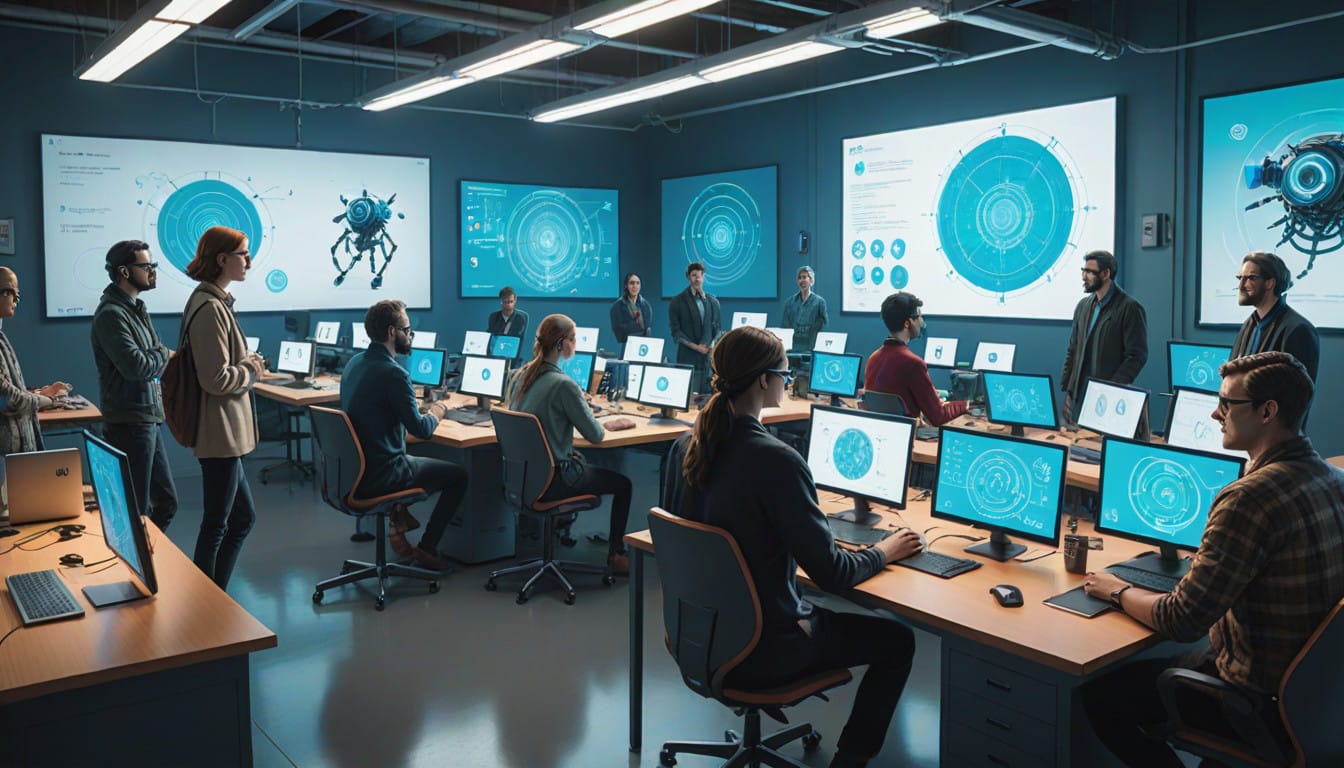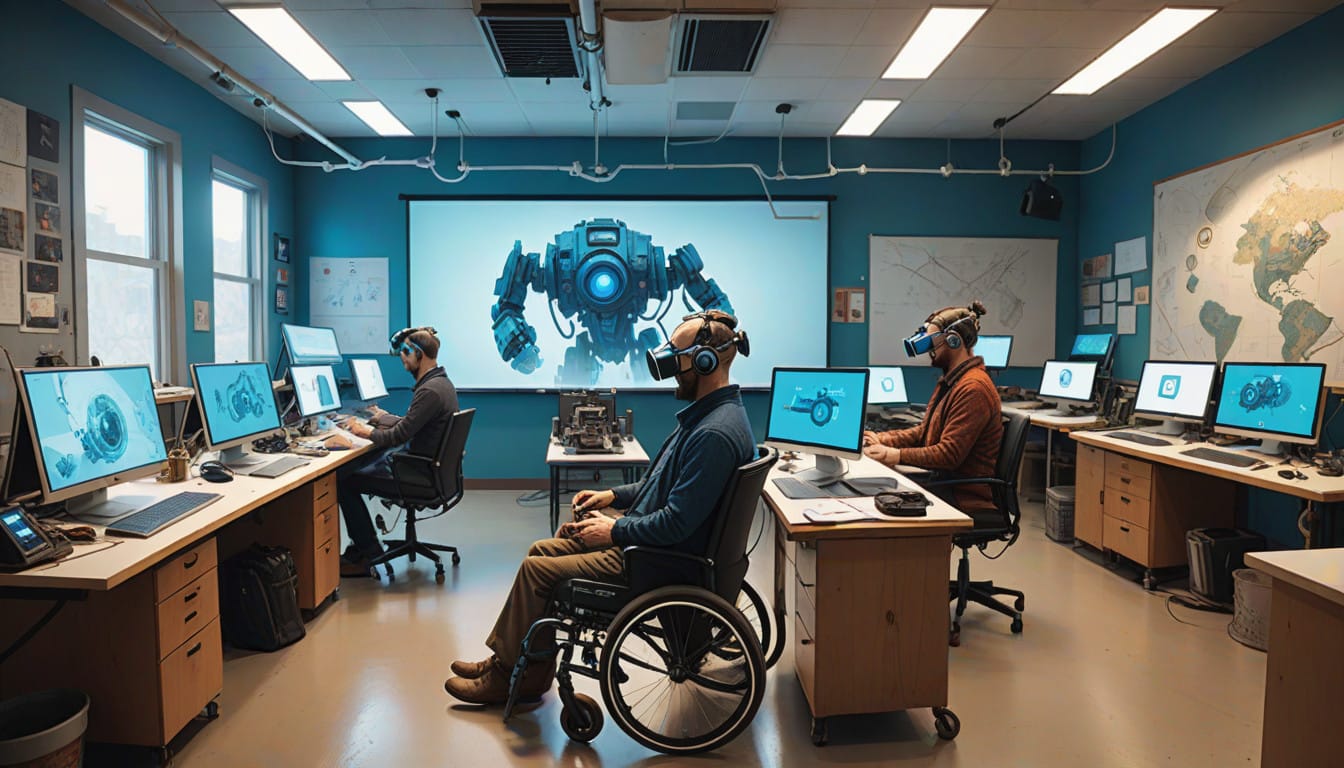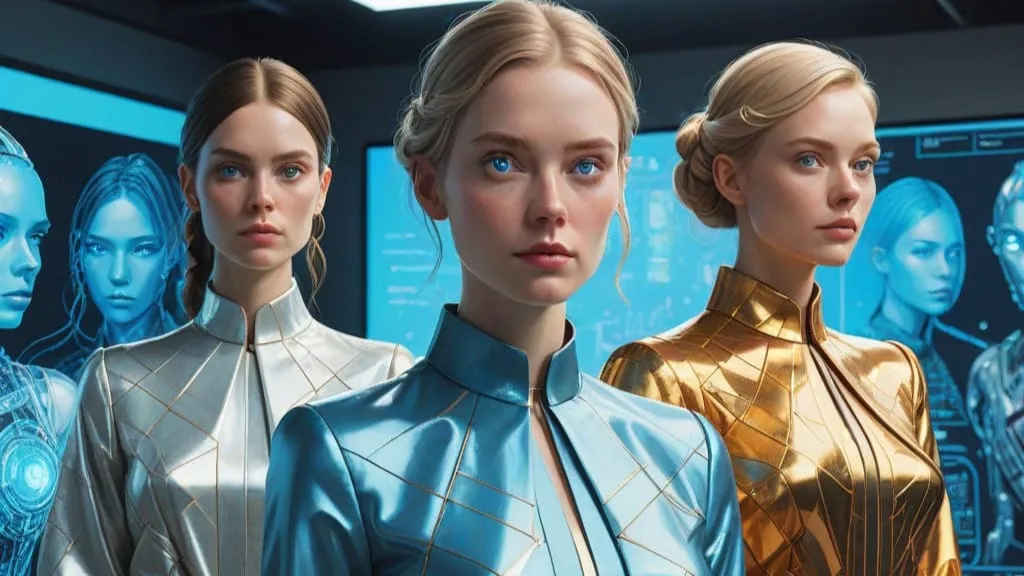As we stand on the precipice of a new era, artificial intelligence serves as a catalyst for an unparalleled democratization of power. Mirroring the reverence once reserved for kings or deities, AI provides ordinary individuals with capabilities that only rulers of ancient civilizations could dream of. This technological empowerment transforms the fabric of society, redistributing influence, and reimagining what it means to hold power in a deeply interconnected world.

From Monopolies of Power to Universal Empowerment
For millennia, power dynamics were dictated by access to resources and knowledge—a paradigm most effectively illustrated by ancient rulers. Records—etched in stone or scribed on papyrus—symbolized authority. Yet, these resources were hoarded within the confines of palaces and libraries, available only to a privileged few.
The advent of the printing press was humanity’s first major stride towards democratizing knowledge, breaking the monopolies of learning and cultural transmission. Fast forward to the digital era, and the evolution of computing technology further decentralized information, albeit within the confines of infrastructural disparities.
Enter AI: the next leap that not only opens the gates to knowledge but also acts as a powerful equalizer—providing individuals, regardless of social standing, with tools of unprecedented capability.

AI as the Great Equalizer
AI democratizes power through four key mechanisms, transforming individuals' lives in the process:
- Information Accessibility: AI bridges gaps in information disparity, offering individuals around the globe instant and comprehensive access to knowledge. Educational AI platforms adapt content to students’ needs and enable personalized learning ecosystems, fostering a worldwide elevation of educational standards.
- Problem-Solving Autonomy: With AI, individuals wield tools to solve complex problems that were once the domain of scholars and specialists. Applications range from AI-driven health diagnoses providing personal medical insights to AI-enabled financial planning that suggests optimized investment strategies.
- Enhanced Communication and Connectivity: AI-powered translation and communication tools erase linguistic and cultural barriers, enhancing global interactivity. An individual can engage in dialogues with diverse cultures as freely as emperors of yore corresponded with foreign courts.
- Creative Empowerment: Artists, musicians, and designers harness AI to expand their creative processes. AI assists in generating novel ideas and compositions, fostering a renaissance of individual expression that transcends traditional artistic limitations.

Anecdotal Transformations: Stories from the New Age
Picture a rural artisan utilizing AI to access design templates from across the globe, tailoring products for international markets. Visualize a student in a remote village engaging in virtual labs via AI-based education platforms, acquiring skills indispensable in the global workforce.
Consider the story of an entrepreneur leveraging AI analytics to fine-tune a start-up’s business model, competing effectively within industries once dominated by multinational corporations. These narratives underscore a common theme: individuals, once constrained by circumstance, now possess the agency to mold their destinies.

Ethical Reflections and Challenges
Despite its promise, AI's role in democratizing power is fraught with ethical considerations. The transition requires vigilant oversight to prevent new disparities rooted in technology access. AI systems must be inclusive, ensuring that benefits extend across diverse socioeconomic landscapes.
Moreover, the issue of digital literacy looms large—equipping individuals with the skills to leverage AI while safeguarding against misuse and abuse. Important discussions revolve around creating frameworks for responsible AI governance and ensuring transparency in algorithmic decision-making.

Antifragility: Building Resilient Individuals
The cornerstone of navigating this empowerment lies in fostering antifragile individuals—those who thrive amid volatility and change. Education systems must pivot towards teaching adaptability, critical thinking, and moral reasoning, empowering individuals to navigate and influence AI-driven realities confidently.
Furthermore, fostering community-centric approaches to technology adoption encourages collective resilience, ensuring that AI catalyzes equitable progress rather than fragmentary advancement.

Conclusion: Crafting New Narratives of Empowerment
AI, as an engine of democratization, offers a compelling vision of empowerment, transforming how we perceive and exercise power across society. It demystifies capabilities that were once mythologized, situating them within the grasp of ordinary individuals worldwide.
As we script this new epoch, we are tasked with a profound responsibility: to wield AI not just as a tool of empowerment, but as a compass guiding us towards a more equitable, enriched global tapestry. In doing so, we not only democratize power but also elevate the very narrative of what it means to be human in an ever-expanding universe of possibilities.

Comments